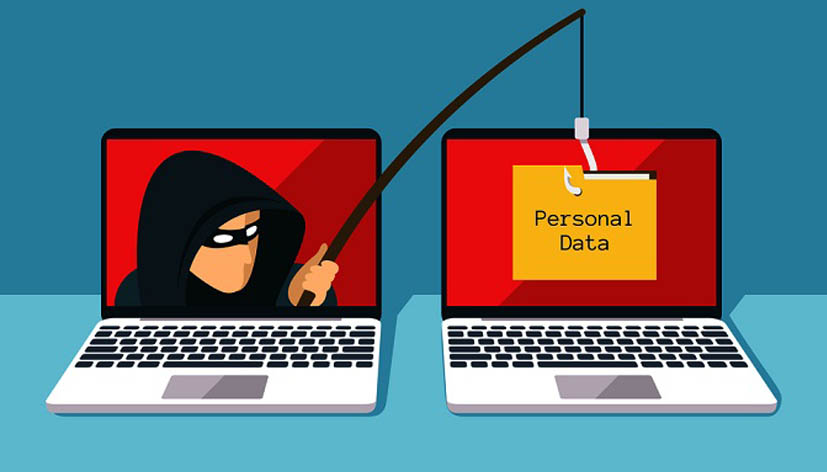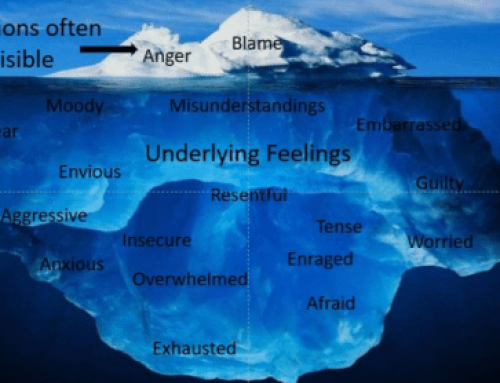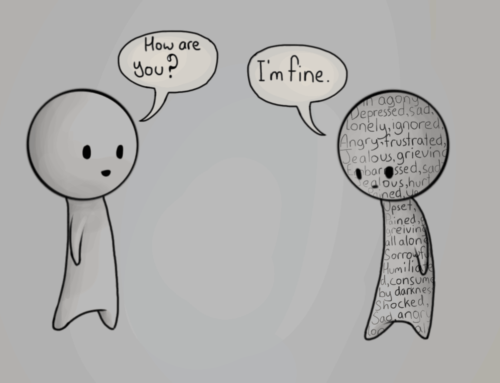Don’t Get Phished By Strong Emotions
January 26, 2021
Categories: Emotion
Phishing happens when someone tries to scam you into giving them sensitive information or data, such as usernames, passwords, or credit card information. One of the main strategies that scammers use is to play on your fear or other strong emotions. They might say, for example, that someone has made a fraudulent purchase on your credit card, and they need your personal information to fix the problem ASAP. It’s alarming to hear that your credit card has been compromised, and in the heat of the moment, you might be tempted to give them the information they want.
Urge to React
I think we can take an important lesson from phishing for our daily lives as well. Often when we experience a strong reaction or emotion, such as anger or fear, our urge is to react RIGHT AWAY. It’s almost as if the emotion is forcing us to do something. Sometimes it feels like we aren’t in control.
Not Effective
The problem is that when we react right away, we aren’t very effective. Sometimes we do something that isn’t in our best interests. It’s as if we are acting on autopilot, and the wiser part of ourselves is shut off.
Press the Pause Button
What’s the alternative? One thing I have been trying to do is when I notice myself having a strong reaction, I see that as a signal I need to pause. In other words, I try to make it a rule that when I’m feeling triggered, I don’t do anything. Maybe I journal about it, or talk the situation over with my wife. But I press the pause button on any actions. I don’t… send the email, make the phone call, lash out, etc.
The bottom line is that when we are in a reactive state, we rarely make good decisions. Because of this, make it a rule to wait for your emotions to calm down before doing something you might regret.

Related Thoughts

Subscribe To My Newsletter
Join my mailing list to receive the latest blog posts.
Receive my e-book “The Mental Health Toolkit” for free when you subscribe.





